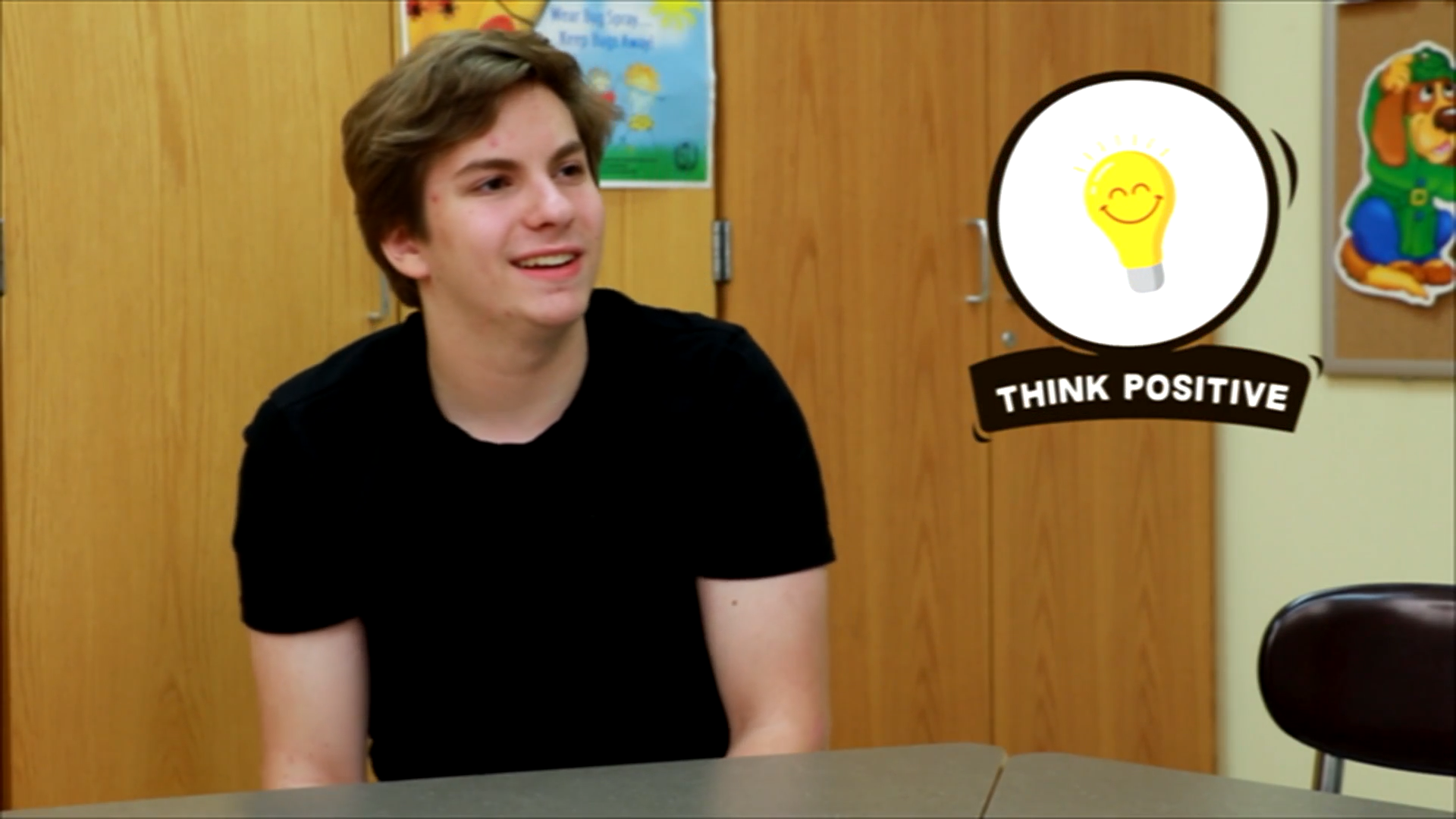
Introduction
Positive self-talk is the practice of encouraging ourselves with kind, uplifting thoughts. It is the voice in our heads that counteracts negativity, helping us to feel better and more confident. When students learn to engage in positive self-talk, they can improve their self-esteem, resilience, and overall well-being. This blog post will explore an easy no-prep activity to help students practice positive self-talk, along with discussion questions, related skills, and next steps for educators.
No-Prep Activity: The Positive Self-Talk Challenge
In this simple, no-prep activity, students will practice replacing negative thoughts with positive ones. Here’s how the activity works:
- Ask students to think about a recent situation in which they felt discouraged or disappointed.
- Have students identify the negative thoughts they experienced during that situation.
- Challenge students to come up with positive, encouraging statements to replace the negative thoughts.
- Encourage students to practice saying these positive statements out loud or in their heads.
By engaging in this activity, students will become more aware of their thought patterns and learn to replace negative self-talk with positive, empowering statements.
Discussion Questions
- Why is it important to practice positive self-talk? How can it impact our self-esteem and confidence?
- What are some strategies you can use to catch yourself when you’re engaging in negative self-talk?
- How can you support your friends or classmates when you notice they are using negative self-talk?
- What are some positive statements or affirmations you can use to replace negative thoughts in different situations?
- How can practicing positive self-talk help you overcome challenges and achieve your goals?
Related Skills
Teaching positive self-talk is just one aspect of a comprehensive social-emotional learning approach. Other related skills that can support students’ well-being and personal growth include:
- Empathy: Understanding and sharing the feelings of others, which can help students be more supportive of their peers.
- Resilience: The ability to bounce back from setbacks and maintain a positive outlook, even in the face of adversity.
- Self-awareness: Recognizing one’s own emotions, strengths, and areas for growth, which can help students better understand their thought patterns and behaviors.
- Goal-setting: Identifying and working towards personal and academic goals, which can help students stay motivated and focused on their growth.
Next Steps
If you’re interested in exploring more activities and resources to teach positive self-talk and other social-emotional skills, sign up for free sample materials at Everyday Speech. You’ll find a wealth of resources to support your students’ social-emotional learning journey and help them build the skills they need to succeed in and out of the classroom.





